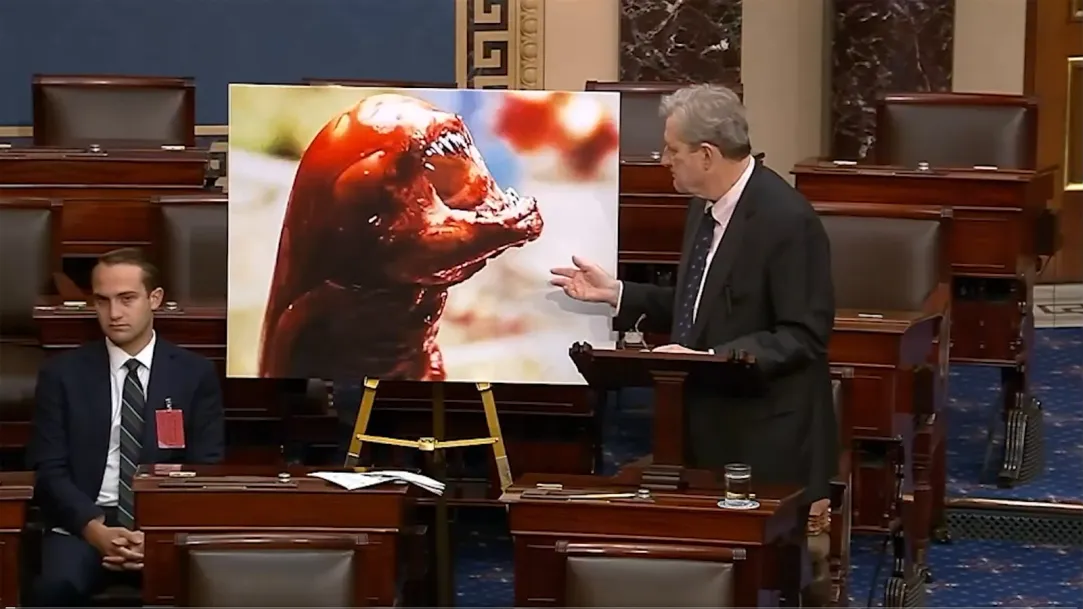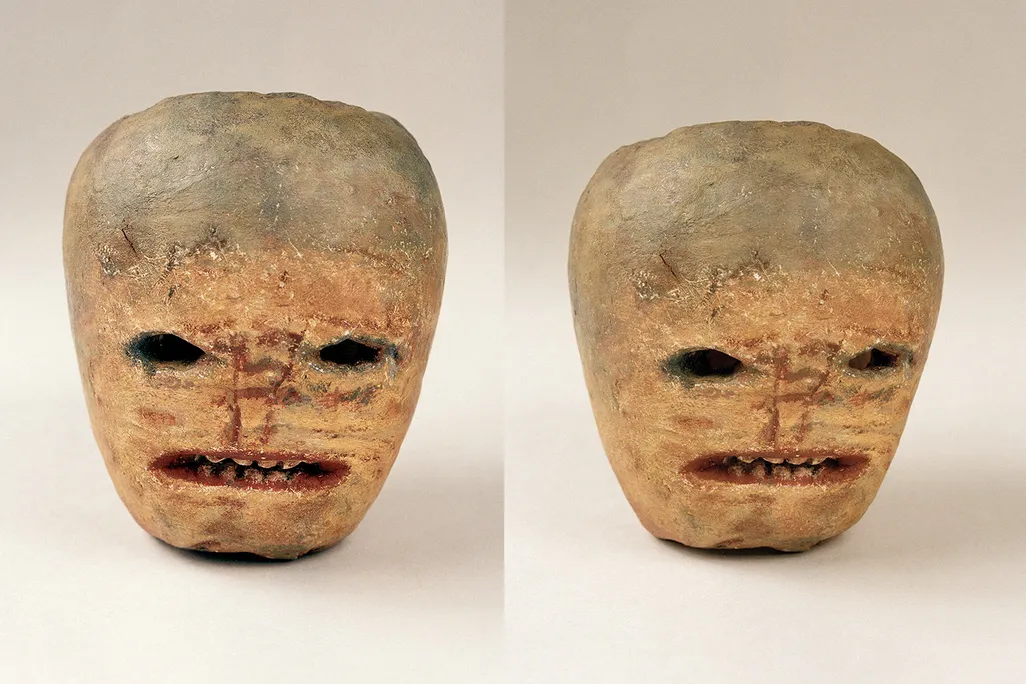5 months, 2 weeks, 6 days, 12 hours, and 35 minutes after the highly successful “Eras Tour” ended, Taylor Swift has officially regained ownership of the master recordings of her first six albums, marking an emotional victory in her years-long battle for control of her music. It is a triumph she described as “my greatest dream come true,” a moment she’s been fighting for and saving toward since she was a teenager.
Swift signed her first record deal at 15, stepping into the music world without owning the songs she would write and record. In 2019, her catalog was sold to music manager Scooter Braun, a move she publicly condemned, stating it “stripped me of [her]life’s work.” In response, she began re-recording her early albums, under the “Taylor’s Version” banner to reclaim ownership and diminish the value of the original masters.
Later, Swift revealed that she had tried to buy the master’s herself, but Braun and Big Machine Records blocked her attempts. She stated that Braun had previously bullied her, which Big Machine owner Scott Borchetta was aware of before he sold Braun her masters.
Instead of being offered a straightforward purchase, Swift said she was presented with a contract that required her to “earn” back one album for every new album she recorded, a deal she refused, as she viewed it as manipulative and unfair.
Swift accused Braun of preventing her from buying the master’s outright, forcing her down the path of re-recording her albums in order to reclaim artistic and financial control of her music. Braun, exercising his control, would not let her perform her songs live at the 2019 American Music Awards when she was being recognized as the Artist of The Decade.
In 2020, Braun’s company sold the masters to Shamrock Capital, a private equity firm. Swift refused an equity partnership from Shamrock, still determined to buy what was hers outright, without a partnership.
On May 30, 2025, Swift announced she had finally bought back her masters, including her music videos, concert films, album art, photography, and unreleased songs, with an Instagram post captioned “You Belong With Me”, encouraging fans to go check out the letter on her website.
Swift’s victory reshapes the conversation around artists’ rights and ownership. Her approach—releasing chart-smashing re-recordings and writing an open battle over control—has inspired other musicians and forced labels to rethink contract structures.
Despite owning her masters, two albums—her debut “Taylor Swift (Taylor’s Version)” and “Reputation (Taylor’s Version)” are still unreleased. Swift has re-recorded her debut and plans to revisit both albums when the time feels right, not out of sadness, but celebration.
Swift’s reclamation of her master recordings isn’t just a personal milestone—it’s a cultural one. Her fight helped spotlight how master ownership affects an artist’s legacy, empowering others to challenge industry norms.
Swift’s fans (and many who have heard about this) recognize the magnitude of her achievement—she did not just get her music back; she set a precedent. Swift’s story—from a bold teenage deal to an artist demanding autonomy—is a masterclass in persistence, strategy, and empowerment. Her catalog is now truly hers, and every lyric, melody, and memory she’s created belongs where it belongs: in her hands.










